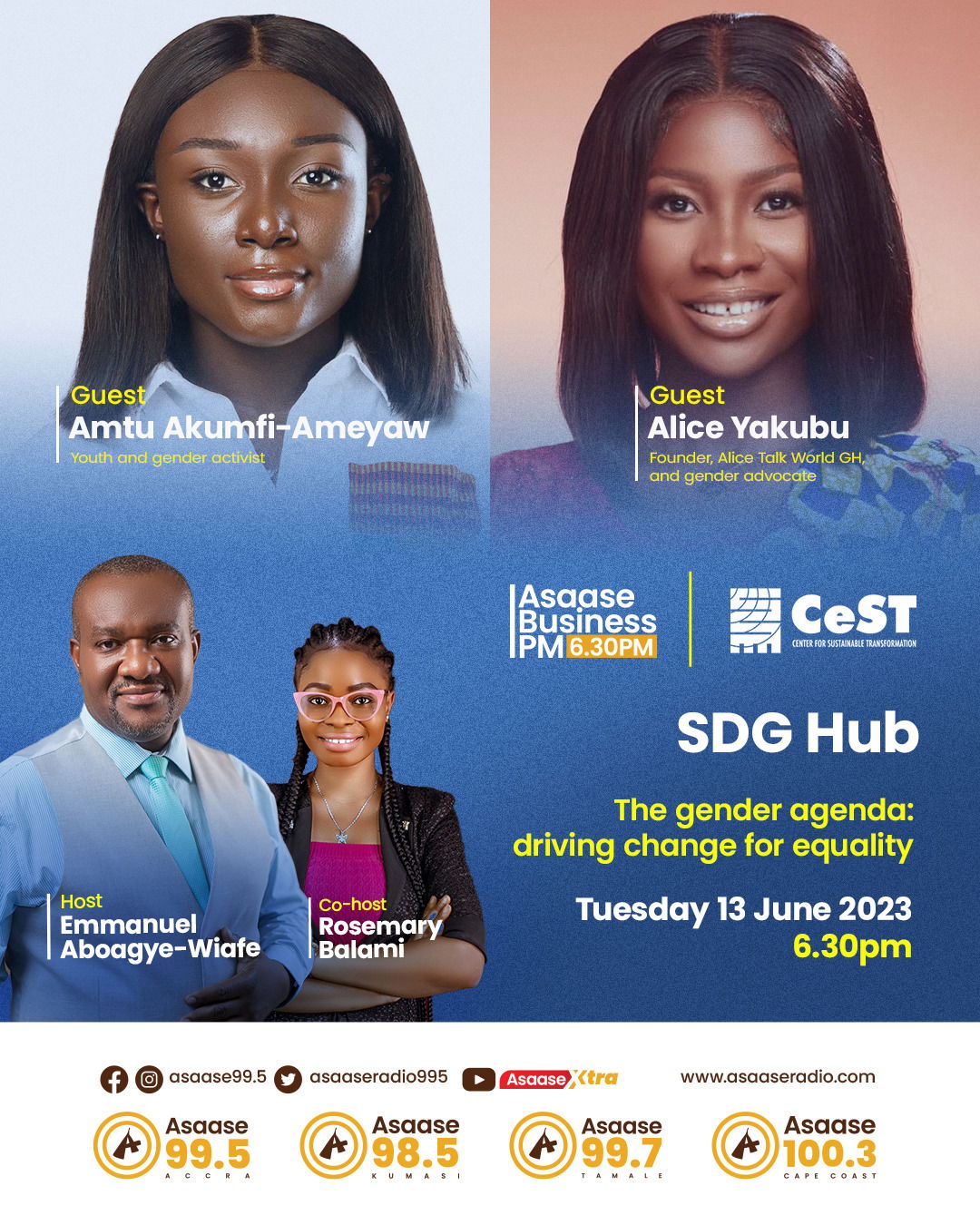
Gender equality has gained ground over the years which has driven movements and advocacy throughout the world and occupies the 5th slot of the 17 UN Sustainable Development Goals, thus “achieve gender equality and empower all women and girls”.
Globally, Scandinavian countries such as Norway among others have made great progress in this regard whereas in Africa, Ghana is one of the leading countries that champion gender equality. However, there is still more work to be done.
According to the Ghana Statistical Service, although women outnumber men by 437,139 (2.8%), economic activity among men is substantially higher than that of their female counterparts. Additionally, three in ten people aged 6 and older are not literate in any language, and this is higher among women than men. These statistics highlight the challenges that need to be addressed in order to achieve gender equality, as education and literacy play a key role in closing the gender gap.
Speaking on the topic "The Gender Agenda: Driving Change for Equality" on the SDG hub, the panelists, Amtu Akumfi-Ameyaw and Alice Yakubu, discussed the challenges and opportunities for achieving gender equality in Ghana.
Amtu Akumfi-Ameyaw mentioned that gender issues have historically been skewed against women because women have been disadvantaged for a long time. She also highlighted the fact that gender issues play out differently depending on cultural nuances. For example, child marriage is a more pressing issue in Africa than in the West, where women's suffrage was a key focus in the early stages of the women's rights movement.
“Women face challenges when running for office such as restrictions on their movement at night and verbal abuse from critics”, she revealed.
Alice Yakubu stressed that discrimination against women is a problem and in order to reduce this, men can play a part. Constant education is needed to reduce discrimination, she added.
Speaking on solutions to bridging the gap, the panelists highlighted that formal education and investment in the economic status of women are a necessity. They also urged the public to desist from gender roles at home and do away with stereotypes such as chores solely being assigned to girls among many others. These traditional gender roles and stereotypes can limit the potential of both men and women.
The panel discussion highlighted the importance of continuing to advocate for gender equality in Ghana although there are many challenges to overcome the guests concluded that “It is possible to achieve gender equality through education, economic empowerment, and a change in cultural attitudes”.